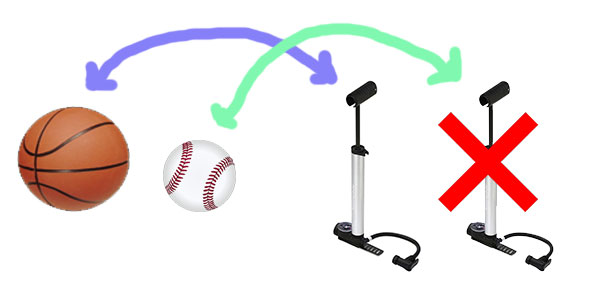
The word “respectively” is extremely useful, but only if you use it correctly. It’s useless (though often used) when ”respectively” doesn’t have something to be respective to.
The following, however, is common in documents we edit here at ProofreadingPal:
Wrong: The authors found that the solution worked well both for conductivity and containment, respectively.
Also wrong: The participants explained to the author and each other, respectively, that they were unwilling to proceed.
Get a free sample proofread and edit for your English document.
Two professional proofreaders will proofread and edit your English document.
So, let’s look at what “respectively” means and what it doesn’t mean.
Respectively: Separately or individually and in the order already mentioned.
Note that this is quite different from “applying to both” or “all of the above.” As we discussed when talking about reflexive pronouns (e.g., myself, yourself, itself), the term “reflexively” only works when it has something to refer back (or forward) to.
The following is correct:
Right: The basketball and the baseball are inflated and not inflated, respectively.

Why We Care
It’s worth taking a moment here to point out why we like to use the term “respectively” in the first place. Basically, it’s to avoid sentences like these:
Right but wordy: The parties involved in the first dispute found that they liked the concept of a fine for the offenders but were more concerned with issues of justice, whereas the parties involved in the second dispute liked the concept of prison time for the offenders but were also more concerned with issues of justice.
Much better: The parties involved in the first and the second dispute found that they liked the concept of a fine or prison time, respectively, though both were more concerned with issues of justice.
Also right but wordy: After long deliberation, the judges awarded Manuel the first-place prize, Ophuna the second-place prize, Joe the third-place prize, and Clara the fourth-place prize for their impressive presentations.
Also much better: After long deliberation, the judges awarded Manuel, Ophuna, Joe, and Clara the first-, second-, third-, and fourth-place prizes, respectively, for their impressive presentations.
Vice Versa
And since it won’t make a post of its own, this is a good time to point out that “vice versa” works not reflexively or respectively, but conversely. The first becomes the second and the second the first, which means “vice versa” also only works when you have two alternatives.
Moreover, both of those alternatives have to make sense.
Wrong: I have a great love of Zen gardens because of all the peace they bring, along with a sense of being one with the world, and vice versa.
(To be correct, the Zen gardens would have to love me. I’m thinking not so much.)

Right: I have a great love of Zen gardens because of all the peace they bring and of rose gardens for the sense of being one with the world, and vice versa.
So, if you like, you can think of “respectively” and “vice versa” as sentence choreographers, moving parts of those sentences around, always in mutual harmony. The pieces never move alone.
Julia H.
Get a free sample proofread and edit for your English document.
Two professional proofreaders will proofread and edit your English document.
Get a free sample proofread and edit for your document.
Two professional proofreaders will proofread and edit your document.
We will get your free sample back in three to six hours!